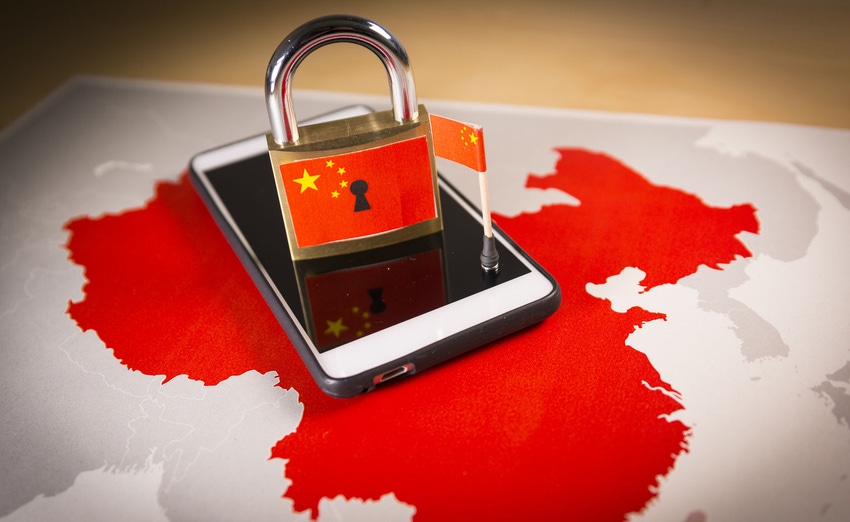Twitch is blocked by China’s Great Firewall
The Amazon-owned game streaming platform Twitch confirmed on Friday that it became inaccessible from China, the latest of a string of popular services banned from the world’s largest internet market.
September 21, 2018

The Amazon-owned game streaming platform Twitch confirmed on Friday that it became inaccessible from China, the latest of a string of popular services banned from the world’s largest internet market.
That China has banned another internet site can hardly hit the headlines nowadays. On the contrary, often it is the clandestine or not so clandestine efforts from those blocked to re-enter China that are making the news. As a matter of fact, among the top 10 most visited websites based on the traffic data from the analytics company Alexa Internet (not the personal assistant from Amazon, but an Amazon subsidiary nonetheless), four are entirely blocked (Google, YouTube, Facebook, Twitter), one is partially blocked (Wikipedia), one is accessible (Yahoo), the rest are China-based.
The reason that the twist on Twitch has caught media attention is that it has suddenly gained popularity in the last month, not the least because e-sports were included in the recent Asian Games in Jakarta, a regional multi-sport event with the number of competing athletes next only to the Olympics. Following the Games, Twitch’s iOS app climbed to the 3rd position in Apple’s App Store in China, before it was quietly taken down, presumably another measure to comply with local regulations.
E-sports have been attracting stronger following in recent years, and special events have taken place in different parts of the world, where spectators would travel to follow the stars they have followed on platforms like Twitch. However the Asian Games was the first time e-sports were sharing the stage with other “real” sports.
China’s attitude towards e-sports, and the games industry in general is mixed. It is the world’s largest video game market, host to the world’s largest publisher (Tencent), and has a total number of video game players larger than the total population of the United States. But it also banned game consoles sales for a number of years, and its official media has also repeatedly underscored the “harm” video games can do to young people’s mental development. Despite the extensive coverage of the Asian Games, where China dominated the medal table, the state-owned China Central Television (innocuously abbreviated as “CCTV”) did not cover the e-sports section at all, leading to the sports channel’s chief producer alluding to this gap in his latest column (in Chinese).
“I can’t say I am surprised by the crack down on Twitch,” said Nitesh Patel, director of Wireless Media Strategies of the research firm Strategy Analytics. Live video streaming, including game steaming, has taken China by storm in recent years. Large amounts of money and time have been spent on following streaming stars. “The authorities are concerned about gaming addiction and, as a consequence, players like Tencent have implemented features to limit the time children spend playing addictive titles like Honor of Kings. The recent reported spike in use in Twitch may have caused some concern among authorities and they have moved to pull the plug before momentum continued,” added Patel.
Likely to benefit from the ban will be local game streaming platforms, for instance Douyu, Huya, Panda TV, similar to WeChat benefiting from the ban on WhatsApp, Badu on the ban of Google in the past.
About the Author(s)
You May Also Like








.png?width=300&auto=webp&quality=80&disable=upscale)


_1.jpg?width=300&auto=webp&quality=80&disable=upscale)


.png?width=800&auto=webp&quality=80&disable=upscale)